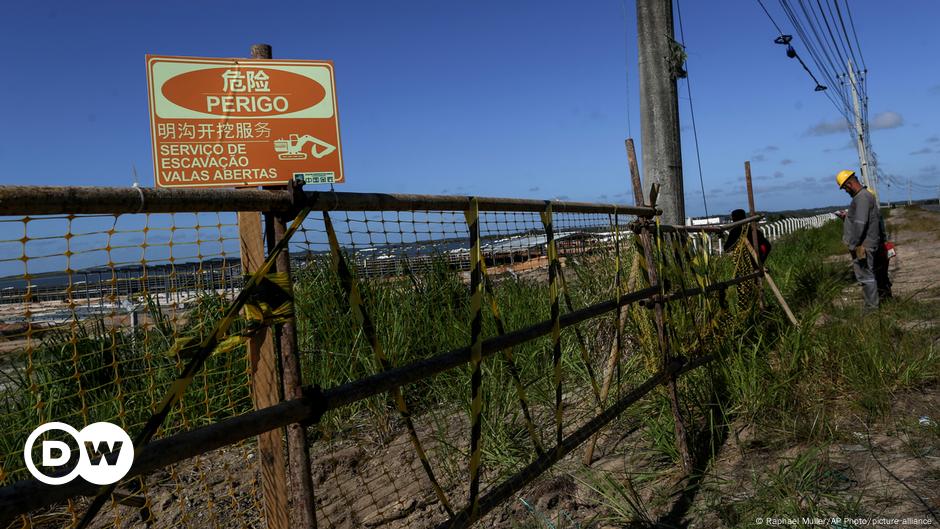Summary
Brazilian authorities uncovered “slavery-like” conditions at BYD’s factory construction site in Bahia, rescuing 163 Chinese workers subjected to withheld passports, withheld wages, and unsanitary conditions.
The site, managed by contractor Jinjiang Group, was shut down, and BYD faces scrutiny despite its promises to cooperate.
The case highlights tensions between Chinese investment and local labor standards, sparking debates in Brazil and China over worker rights.
Experts see this as an example for Chinese investors to respect Brazil’s independent judiciary while noting it won’t deter future Chinese investments.



According to an article in Portuguese:
beds didn’t have mattresses
up to 31 workers per available bathroom
no lockers or any available space to keep personal items
no payment at all for anyone who decided to quit, except for the ticket back to China
Yes, that was all what I read already, but I was wondering if there was any evidence shared or not. I would have wanted good reporting to include pictures, maybe testimonies from the workers or something.
That’s because the source is not any news reporting but an actual operation from a government agency.
Anyway, this video has some footage:
https://youtu.be/JnbRZSvUlfo
The video also claims:
there was no refrigeration for their food and both the ingredients and cooking utensils were all laying on the floor
they only had tap water without “water treatment” (not sure what they mean by this, as tap water is supposed to already be drinkable, although in some places in Brazil it definitely isn’t)
there was a 60/40 split in their payments, with the company keeping one portion for themselves to cover the cost of bringing them over and keeping them there. The rest was paid in Chinese currency so they couldn’t use it in Brazil.
Yes that was the kind of evidence I was after, we have a much better understanding of the sleeping situation and some highlight of the food area. Thanks!
Brazilian here
“Treated tap water” is (theoretically. Most people have a filter at home anyway) drinkable, and you get it from the water company.
“Untreated tap water” can be pulled from a well, or a cistern, or even bought from the water company, but it has no standards for drinkability it’s held up to. It is therefore, cheaper. It has its uses in cleaning and such.1